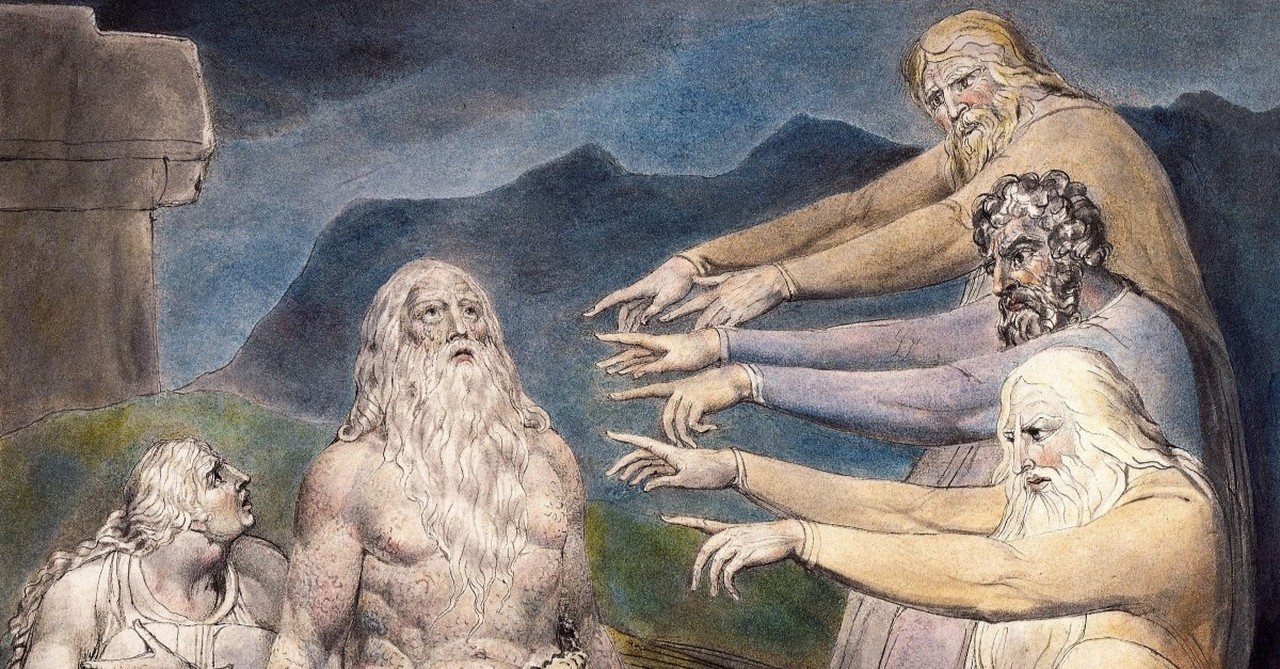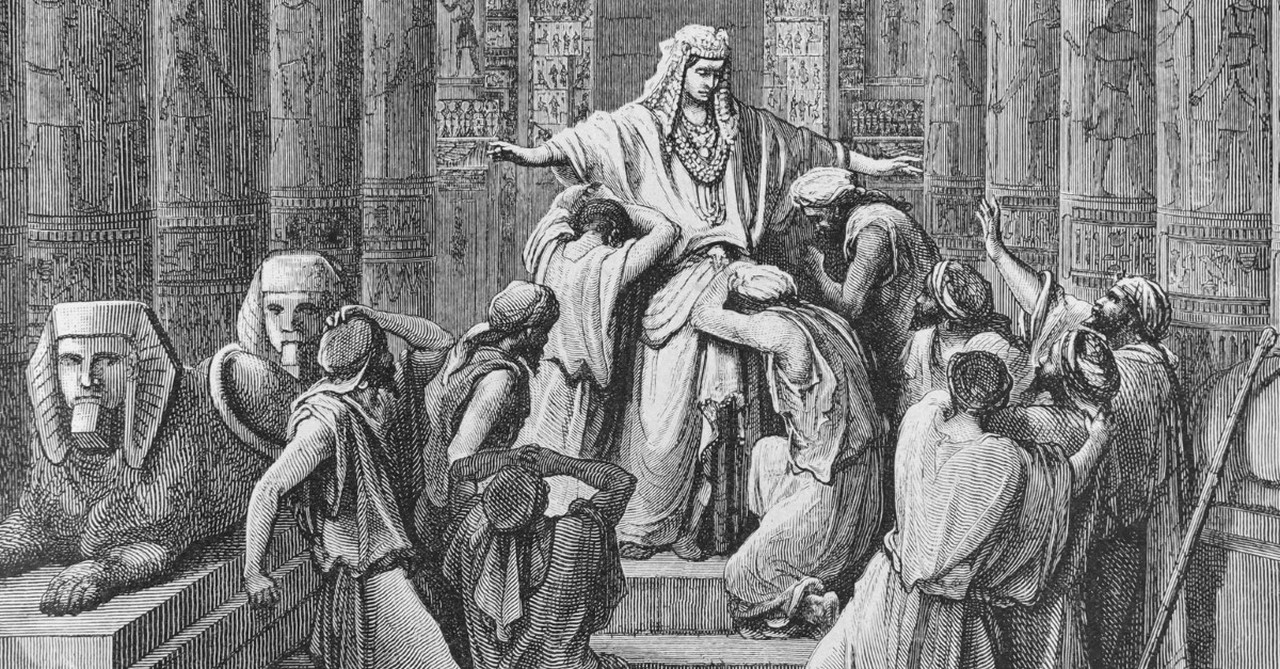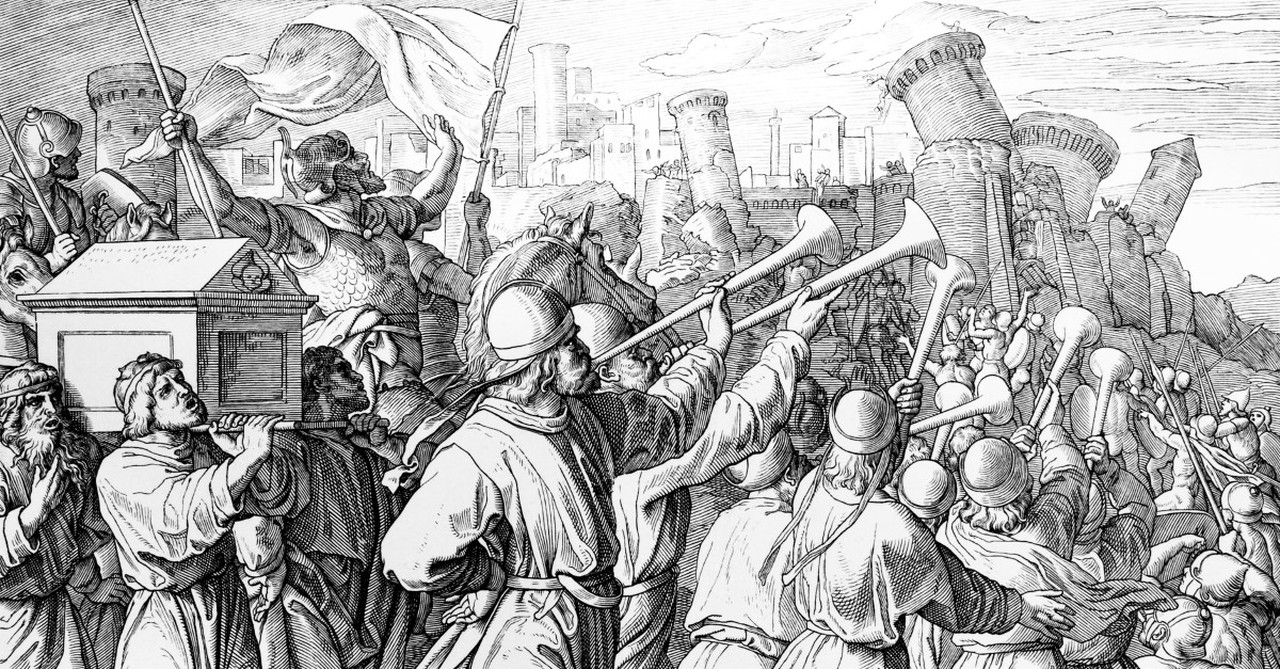Despite being chosen by God for a supernatural task, Moses displayed a humble attitude, recognizing his limitations and relying on God’s guidance. When God first called Moses from the burning bush, Moses expressed his doubts about his ability to lead the Israelites, highlighting his humility (Exodus 3:11).
Throughout his leadership, Moses consistently sought God’s direction. He didn’t rely solely on his wisdom or strength but turned to God to help make decisions and solve problems. This dependence on divine guidance reveals true humility, as Moses acknowledged his success as a leader came from God and not from his abilities (Exodus 33:15-16).
Moses also demonstrated humility through his willingness to intercede for his people, even when they rebelled against him and God. He pleaded with God to spare the Israelites despite their repeated disobedience, showing his selfless concern for their well-being (Exodus 32:11-14). This act of intercession underscores a leader’s responsibility to advocate for their people, even at personal cost.
Moses proved open to advice and correction. When his father-in-law, Jethro, suggested a more efficient way to manage the people, Moses humbly accepted the counsel and implemented the changes (Exodus 18:13-24). This openness to learning from others is a crucial aspect of effective leadership.
Numbers 12:3 describes Moses as “very humble, more than anyone else on the face of the earth.” Moses’ strong leadership, blended with profound humility, offers a timeless model for any leader.
Photo Credit:©Getty Images/rudall30

















